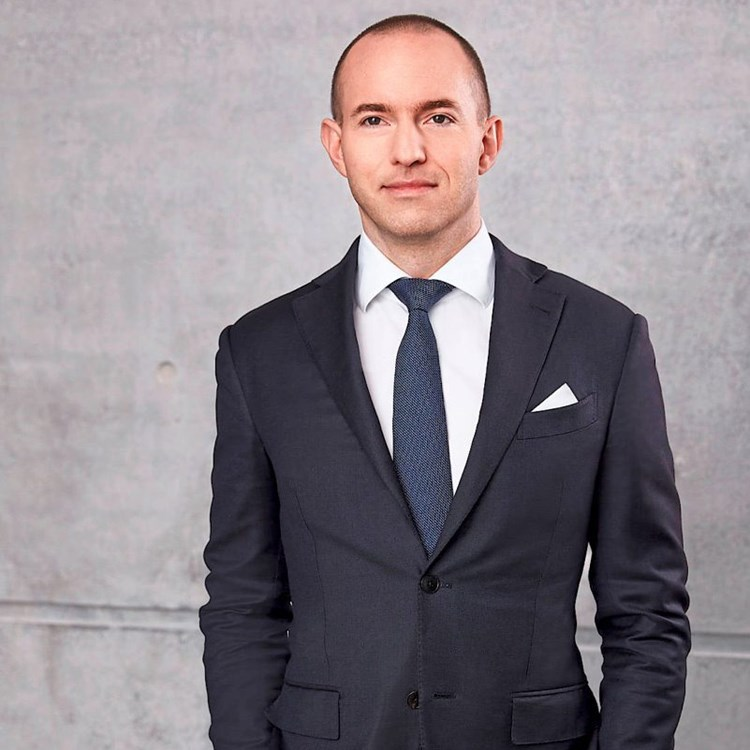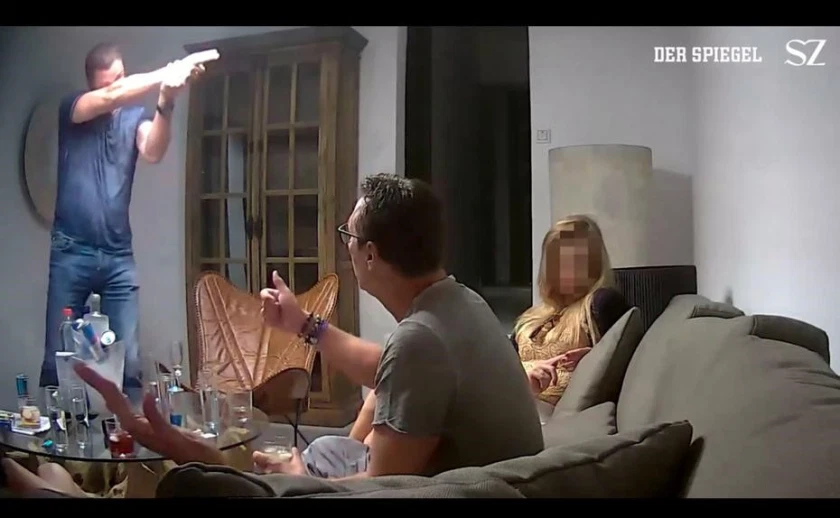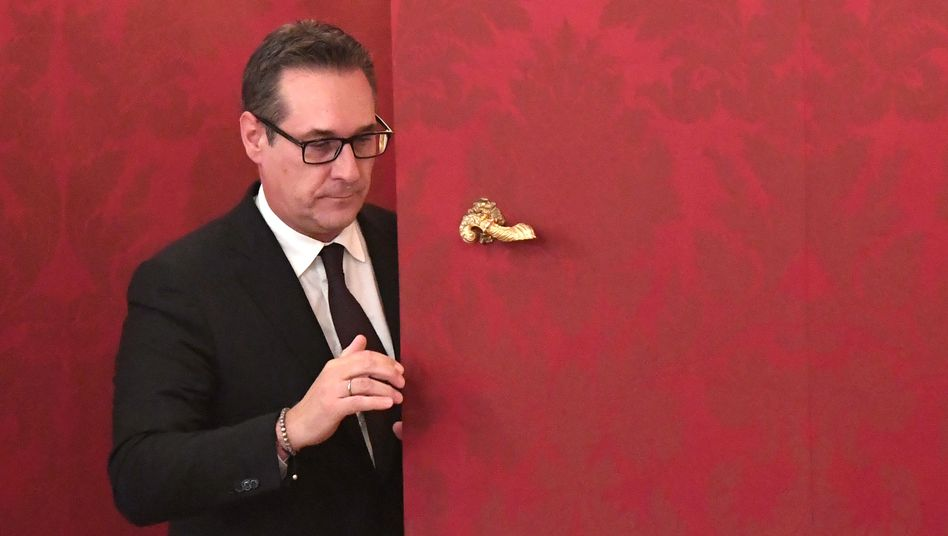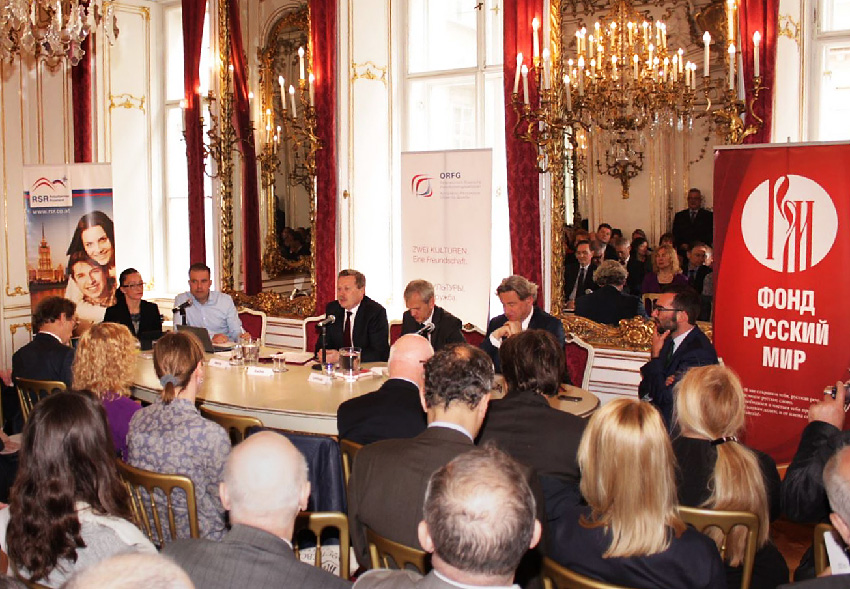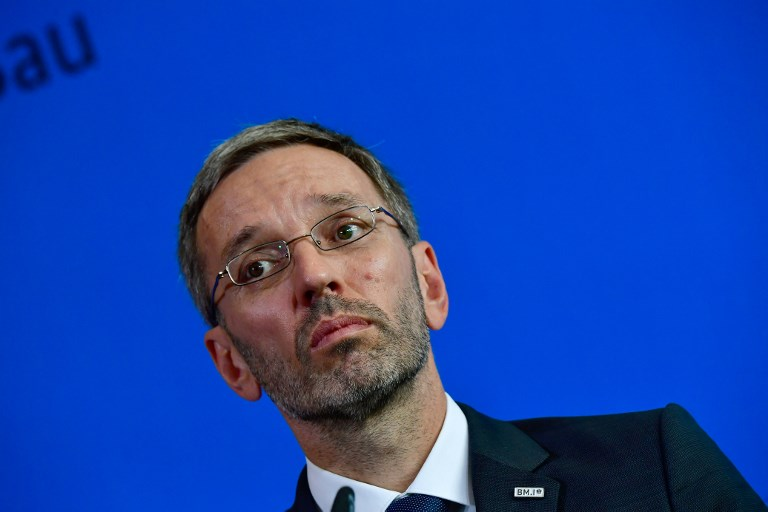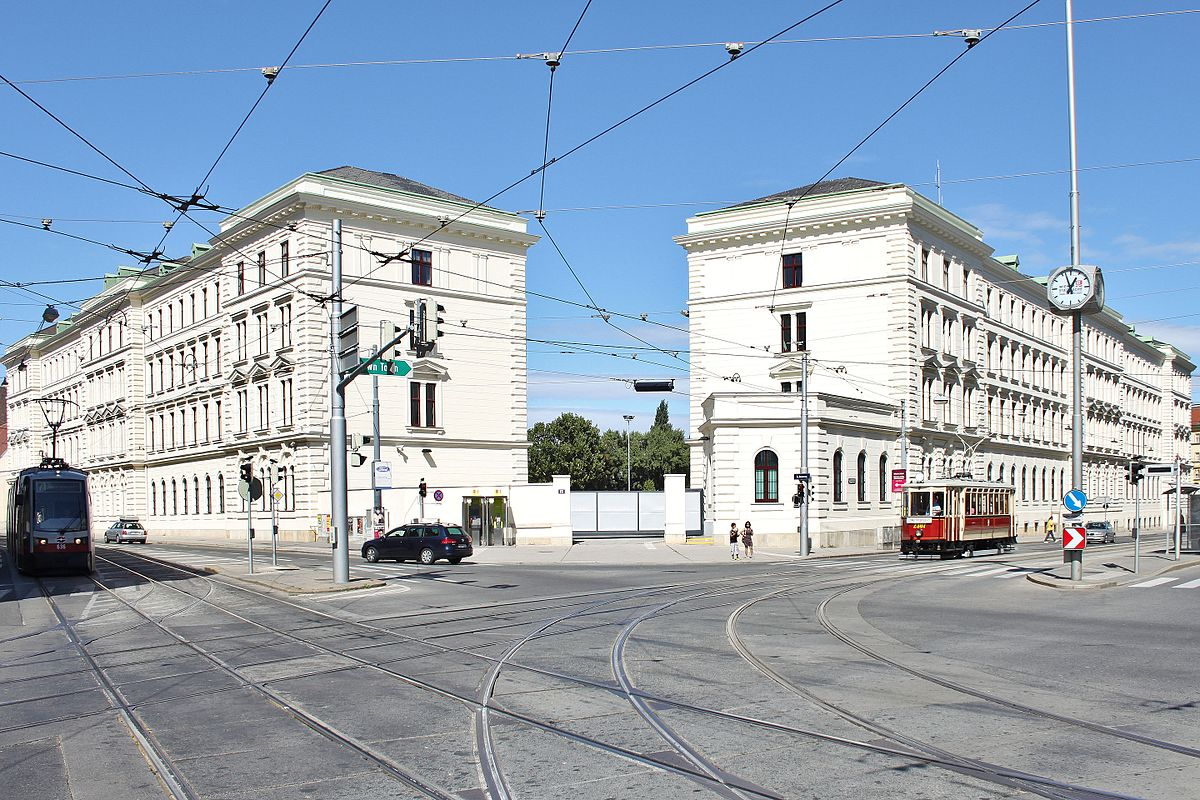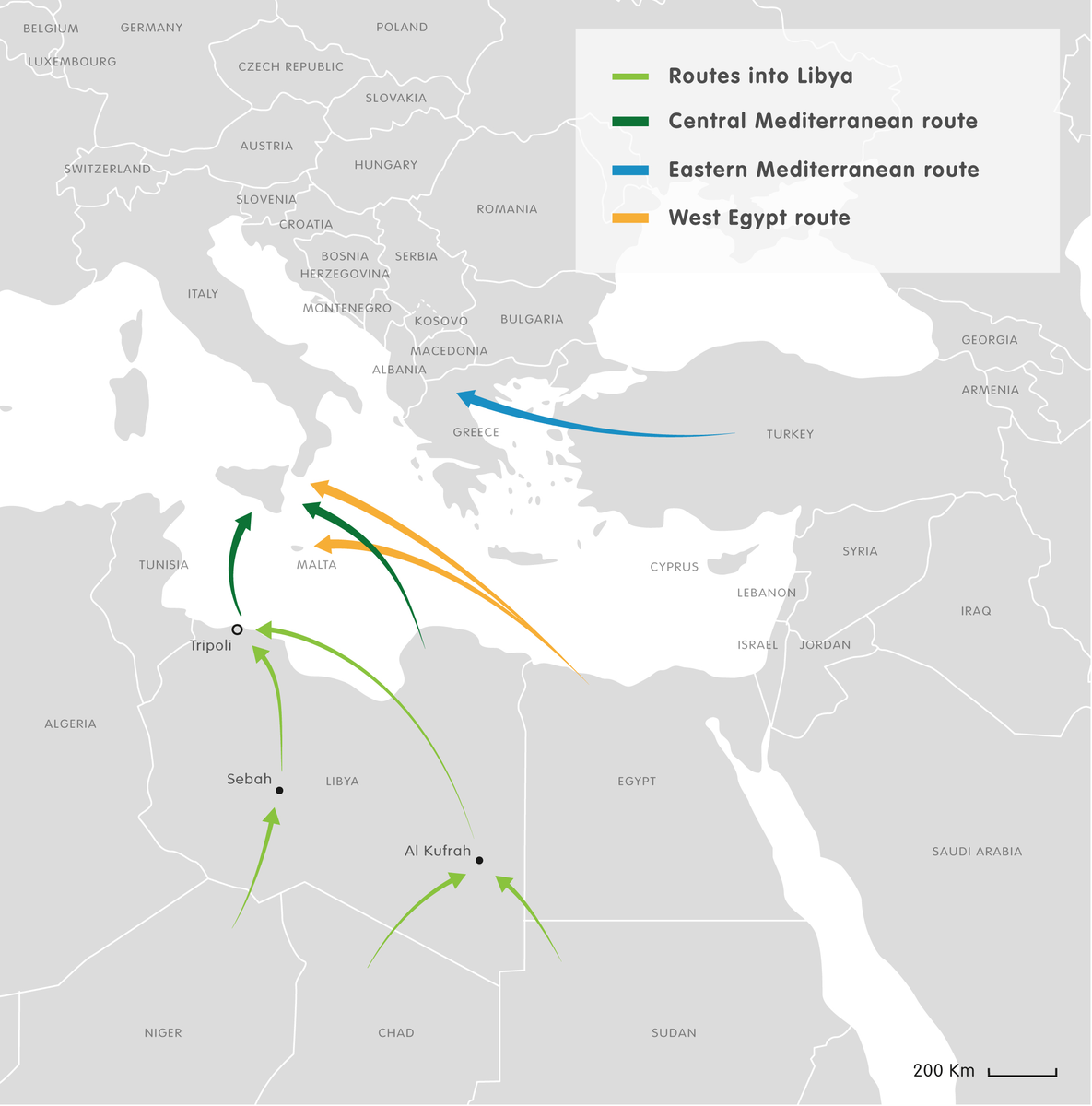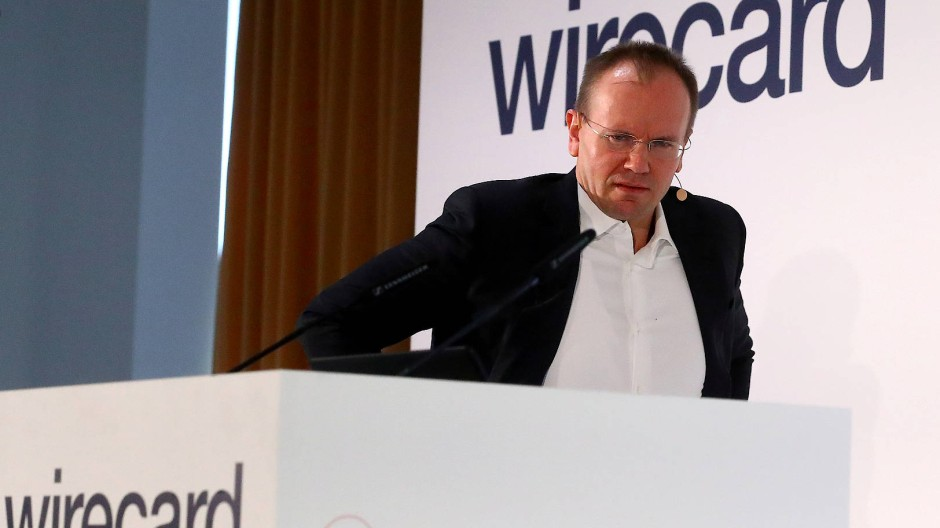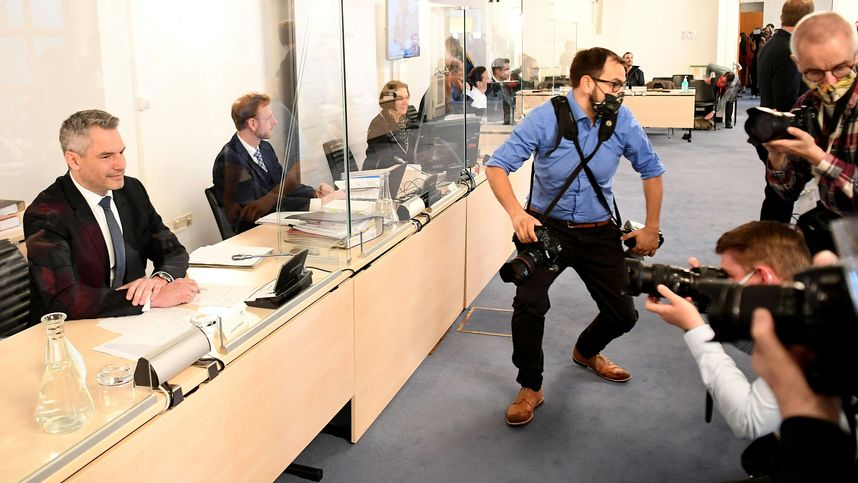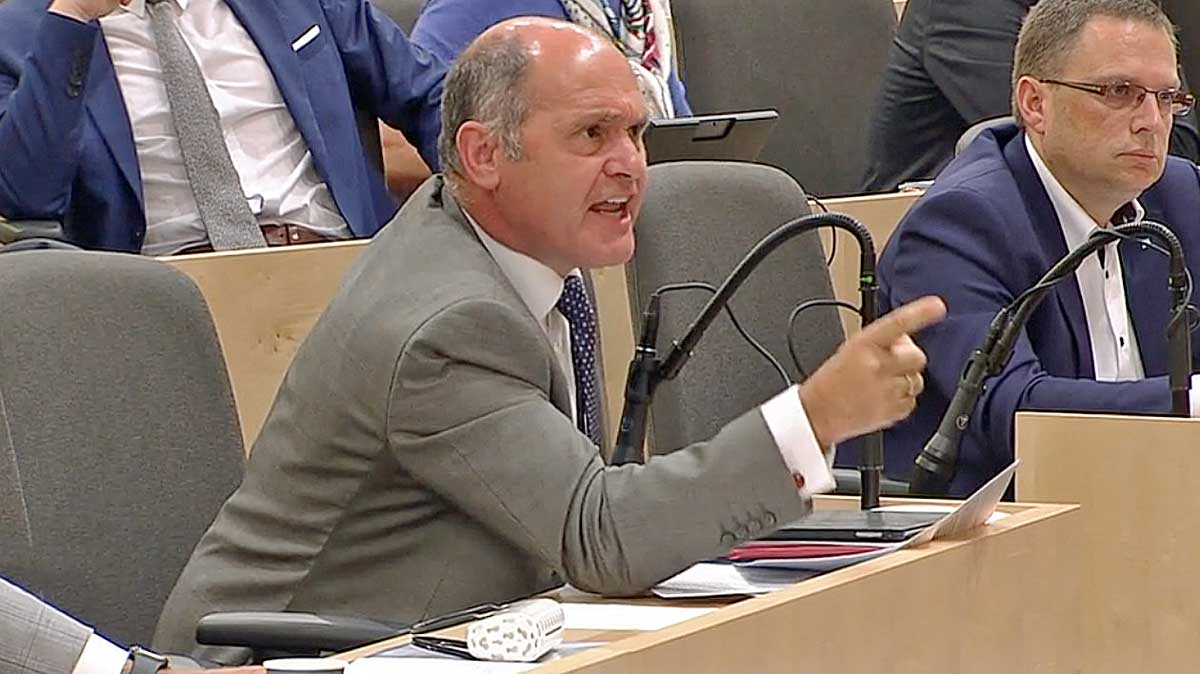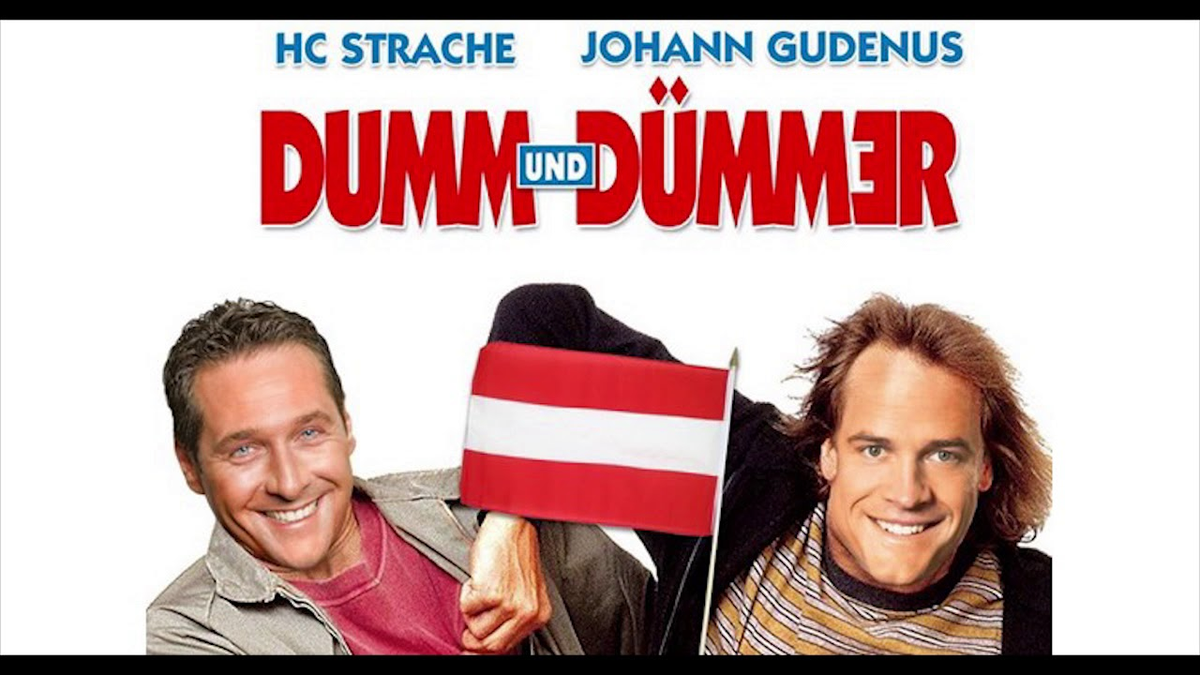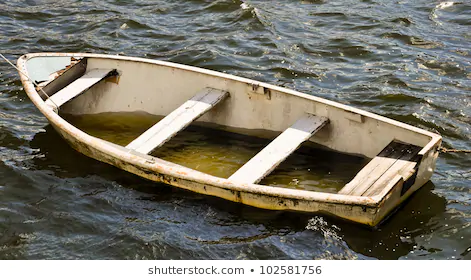*MEANWHILE, IN AUSTRIA..* International press are currently poring over the Wirecard scandal, the primary suspects in which are its CEO, Markus Braun, and COO, Jan Marsalek, both of whom are Austrian nationals. 1/30
Marsalek has attracted particular interest owing to his mysterious profile and weird activities, such as planning to use a Libyan militia to police migration flows and securing the recipe for the Russian nerve agent, Novichok. 2/
The case has been well-documented so far, but the Austrian angle of the case has been neglected, so I will provide some context here that will hopefully illuminate these two characters. WARNING: This is a long read. 3/
DISCLAIMER: These insights are based on my own knowledge of Austrian politics and reading of international and German-speaking press, as well as some separate conversations with interested contacts. 4/
The activities of Braun and Marsalek must be understood superficially within the context of Austrian politics and business over the last 2,5 to 3 years, as well as the business-political nexus more generally. 5/
The background of Jan Marsalek is a mystery. His origins in Vienna are hazy. He did not obtain a high-school diploma, but somehow wrangled his way into fintech circles approximately 10 years ago. 6/
Marsalek appears to have been fascinated by subterfuge and intelligence agencies. On the one hand, he was a ghost; on the other, he was throwing lavish and debauched parties, reportedly arranging for sushi to be served to guests from the bodies of naked women. 7/
It is known that he had sympathies for the far-right Freedom Party (FPÖ), which was in government with Sebastian Kurz’s centre-right People’s Party (ÖVP) between December 2017 and May 2019, before collapsing as a result of the notorious Ibiza scandal. 8/
At present, Marsalek’s direct relationship with the FPÖ fades into view in Dec 2017, when he met then-party leader and recently-appointed vice-chancellor, HC Strache. Johann Gudenus, then-parliamentary faction leader and Strache’s Russophile right-hand, made the introduction. 9/
It was a meet-and-greet, but according to Gundenus, Strache was impressed by Marsalek and said that they should maintain contact with him. Gudenus subsequently met Marsalek up to five times. /10
According to Gundenus’ phone messages seen by Austrian media, Marsalek passed on via an intermediary unknown information procured from the Austrian domestic intelligence agency (BVT). Gudenus apparently did not pass on the info. /11
It is noteworthy that the intermediary, Florian Stermann, was the general secretary of the Austrian-Russian Friendship Society, whose members are loudly in favour of rapprochement with Moscow, as anyone who has attended their meetings can attest. 12/
In February 2018, the Interior Ministry, which was led by the FPÖ’s brain, the hardliner Herbert Kickl, ordered an obscure special police unit to raid the BVT in relation to suspicions of abuse of office raised by the anticorruption agency (WKStA) following a tipoff. 13/
This caused a major scandal, as the FPÖ was accused of seizing the intelligence apparatus by trumping up charges against the BVT’s leadership, which was seen to be captured by an ÖVP network. Sensitive intelligence involving far-right extremism was also allegedly seized. 14/
Ultimately, little came of the case. Whether Marsalek had any role of it is unknown. The timing may have been coincidental. But the FPÖ had a particular interest in the security apparatus, which was evidenced not least by its ownership of the interior and defence ministries. 15/
The story did not end here. According to Kickl, Marsalek was received by civil servants at the Interior Ministry in summer 2018 re: a proposal concerning how illegal immigration could be prevented. Kickl claims he was not present, and that no concrete initiatives emerged. 16/
Certainly, at the time, the FPÖ was talking about potential new avenues for illegal migration, such as the ‘Albanian route.’ Libya was (comparatively) less unstable then, but it very likely would have been mentioned by chattering FPÖ circles. 17/
Finally, Marsalek and Stermann also in 2018 approached the Defence Ministry, also headed by the FPÖ, in relation to the financing of a “reconstruction plan” for Libya that would include German experts. Again, nothing appears to have come from the meeting. 18/
But Marsalek’s activities in Libya do not appear to have involved reconstruction efforts. In 2017, he purchased a Libyan cement company with a EUR20m loan guaranteed by the Austrian Control Bank (OeKB), which underwrites Austrian FDI for political risk. 19/
According to the FT, the cement company in question provided its facilities as barracks for Russian mercenaries that were conducting covert operations in Libya. The FPÖ is not known to have been involved in this. 20/
Meanwhile, the FPÖ have sought to implicate the ÖVP in the Wirecard scandal, pointing out that Markus Braun previously worked for an ÖVP-linked think tank, while two members of its supervisory board, including former President Thomas Klestil’s son, are connected to the party. 21/
The case will undoubtedly develop further in Austria, but here are some preliminary takeaways. 22/
First, at the very least, the Wirecard scandal has opened another front in the turf wars between the respective nexuses of the FPÖ and ÖVP (and SPÖ), whose tentacles are able to reach through the holes of the leaky ship that is the Austrian security apparatus. 23/
The leaks are such that Western intelligence agencies purportedly stopped sharing Russia-sensitive information with the BVT. This isn't the first time it's happened. Difficult to know if this remains the case, but there is certainly reluctance. 24/
The party nexuses have their origins in the corporatist nature of Austria’s post-war political economy, with the residue of overlapping political and business interests that is congealed in critical institutions having proven to be systemic. 25/
The ongoing investigation into the Ibiza scandal by a special parliamentary committee of inquiry has been shedding further light on this by the day, and is now drawing in the Wirecard case. 26/
But even the inquiry is not free of party sleaze. One member resigned over a conflict of interest. Meanwhile, parliament's speaker, the ÖVP's Wolfgang Sobotka, continues to lead its work despite having shares in a minor stakeholder in a gambling company under investigation. 27/
Second, Marsalek's case is instructive. Although an Austrian, a representative of a German company resident in Munich was able to access Austrian state secrets. This is alarming even before we consider that he is v likely a devious sociopath and consummate bullshitter. 27/
Marsalek is unlikely to have been more than a fringe presence in the FPÖ nexus. But this doesn’t mean much, as this nexus is full of excitable braggarts who are obsessed with the intelligence world and jump at an opportunity to co-opt a wealthy patron for their political ends.28/
They are certainly without scruples, but their barking about grand plans seldom goes much further. More often than not, they simply compromise themselves, as Strache and Gudenus proved in Ibiza – which, again, involved someone who presented herself as a wealthy patron. 29/
Sadly, the culture from which Wirecard’s leadership spawned is a product of the leaky ship that is the Austrian political-business world. Its role in this scandal cannot be ignored. 30/END

 Read on Twitter
Read on Twitter